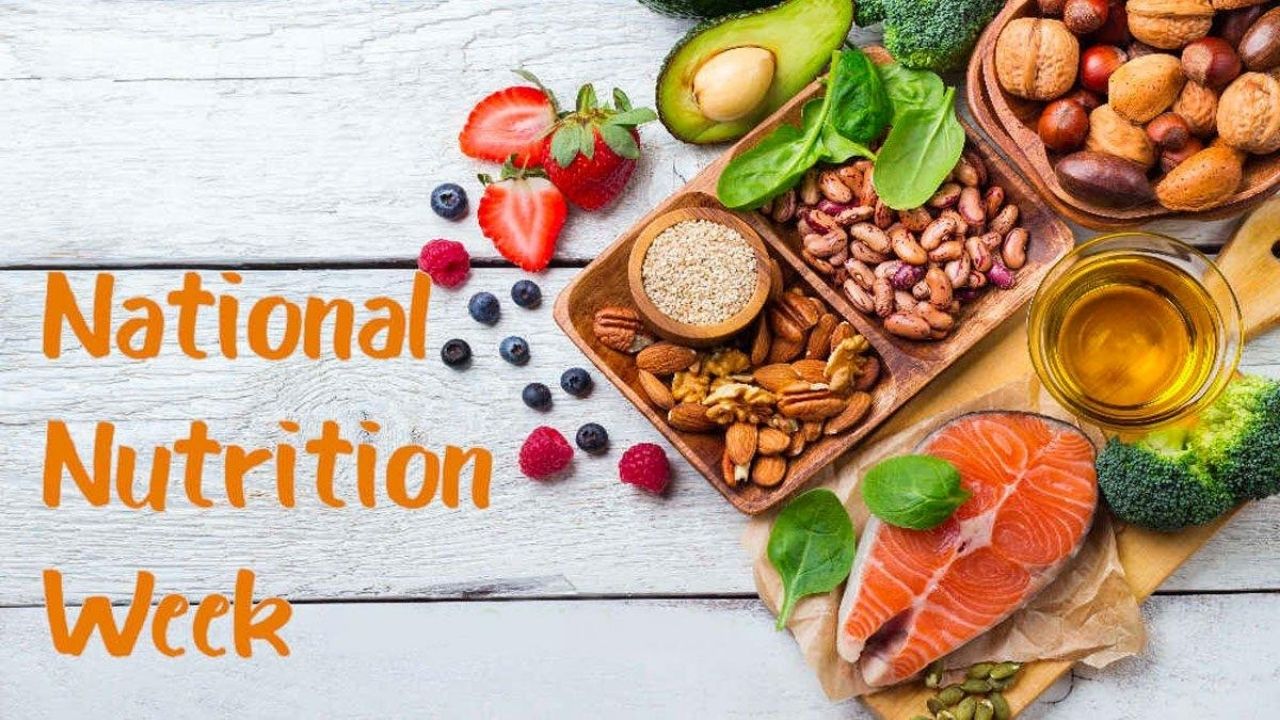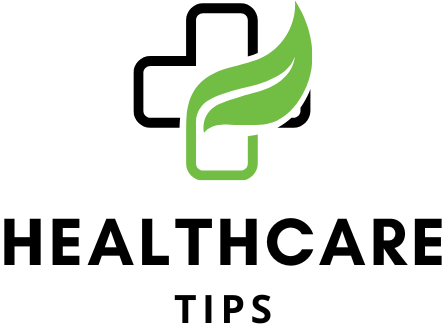National Nutrition Week 2021: Five Must-Know Things About Protein

Image Credit: jagran tv
National Nutrition Week 2021
As they say, health is wealth. In the modern world, nutrition is a much-talked-about but rarely-followed concept.
Due to the constant stress, poor dietary habits, inadequate sleep, lack of physical activity and loss of interpersonal relationships, human well-being has only degraded with time.
Hence, the National Nutrition Week reminds us of the importance of a healthy diet for the human body. Observed from the 1st of September to the 7th of September every year, we strive to make India a healthier country.
People must follow the guidelines to maintain their physical, emotional and spiritual health.
Due to reasons such as lack of awareness, poverty or little access to quality foodstuff, there are hundreds of malnourished people and children in India.
They need a wholesome, balanced diet, which is the government has launched several initiatives, camps and seminars to educate the citizens.
As a result, children are duly taught about the importance of nutrition so that nobody remains malnourished by the next decade.
We live in a work-driven culture, and people are continually challenged to remain productive and driven towards their company goals.
To compensate for the lack of nutrition, they consume health powders, tablets and supplements.
However, they must be educated on the need for a natural homemade diet along with organic supplements for an improved attitude to health.
The Food and Nutrition Board of Ministry and Child Development holds Orientation Training Of Fields Functionaries, Awareness Generation Camps, State/UT Level Workshops, Community Meetings and more.
In addition, it performs its duties through its forty-three Community Food and Nutrition Extension Units in thirty states and union territories.
It educates Anganwadi workers, Mahila Samiti and schoolteachers on affordable, nutritious recipes for all age groups.
It also provides information on weight management through Body Mass Index for adolescent girls and boys. Awareness programmes include nutrition rallies, dance and drama, skits, puppet shows, audiovisual spots, quizzes and competitions.
About The Theme of this National Nutrition Week
Research and surveys have reported that protein malnutrition is a common issue in the Indian diet, mainly focused on carbohydrates.
Proteins improve strength and muscle mass, tackle obesity, boost metabolism, enhance the immunity system, and induce satiety.
Unlike hearsay, green leafy vegetables, most vegetables and fruits contain a low amount of protein.
Also, plant-based milk does not have the protein content needed for an adult human being.
However, all these are rich in other nutrients such as calcium, phosphorous and iron. As Indian women suffer from a lower bone mass, they must compensate for the natural deficiency with a protein-heavy diet.
Non-vegetarian products such as meat, egg, milk, dairy products and fish are excellent protein sources.
They are superior to their vegetarian alternatives as they contain prominent amino acids with improved digestibility.
For vegetarians or vegans, legumes, pulses, seeds and nuts are good protein sources as well. You can combine several ingredients to supplement the protein intake needed daily.
The human body needs one gram of protein as per their body weight, though you should consult a qualified dietician or nutritionist for a proper diet assessment as well.
Apart from one’s daily protein needs, extra protein is required during adolescence, lactation, pregnancy and growth.
Women must be especially cautious of their protein requirements and intake as they undergo multiple significant changes in their lifecycle.
We must not consume an excessive amount of junk to maintain our body, which helps us perform our duties well.
Also, we should consume our dinner before evening as our body needs at least four hours to digest food
Please drink at least three to four litres of water, properly hydrate the body and avoid dehydration.
Five must–know things about protein.
Choose healthier proteins
When selecting your protein sources, have ones that build muscles and power but don’t impact your health.
For example, some high-protein ingredients are also high in sodium and saturated fat, which raises blood pressure and heart disease.
Instead, choose lean meat protein sources such as eggs, beans, salmon and tuna to remain satiated yet burn fat.
Also, vegetarian protein sources are great for you. As per Healthline, the daily protein requirement for males is 56 grams. However, the daily protein requirement for females is 46 grams.
Protein changes into amino acids
Our body is made up of cells and turns protein into amino acid compounds. These metabolise fats and build muscle, but overeating causes weight gain, kidney stones, dehydration and constipation.
Though poultry and dairy products are excellent protein sources, try almond milk, peanut butter, soy and beans. The Branched-chain amino acids (BCAAs) contain leucine, isoleucine and valine, which are also consumed by bodybuilders and weightlifters.
In the case of exercise, you must combine protein-rich food with a balanced diet and strength training.
Though protein powders are an easy source for high-quality protein intake, they are necessary only in certain situations for dieters and athletes.



